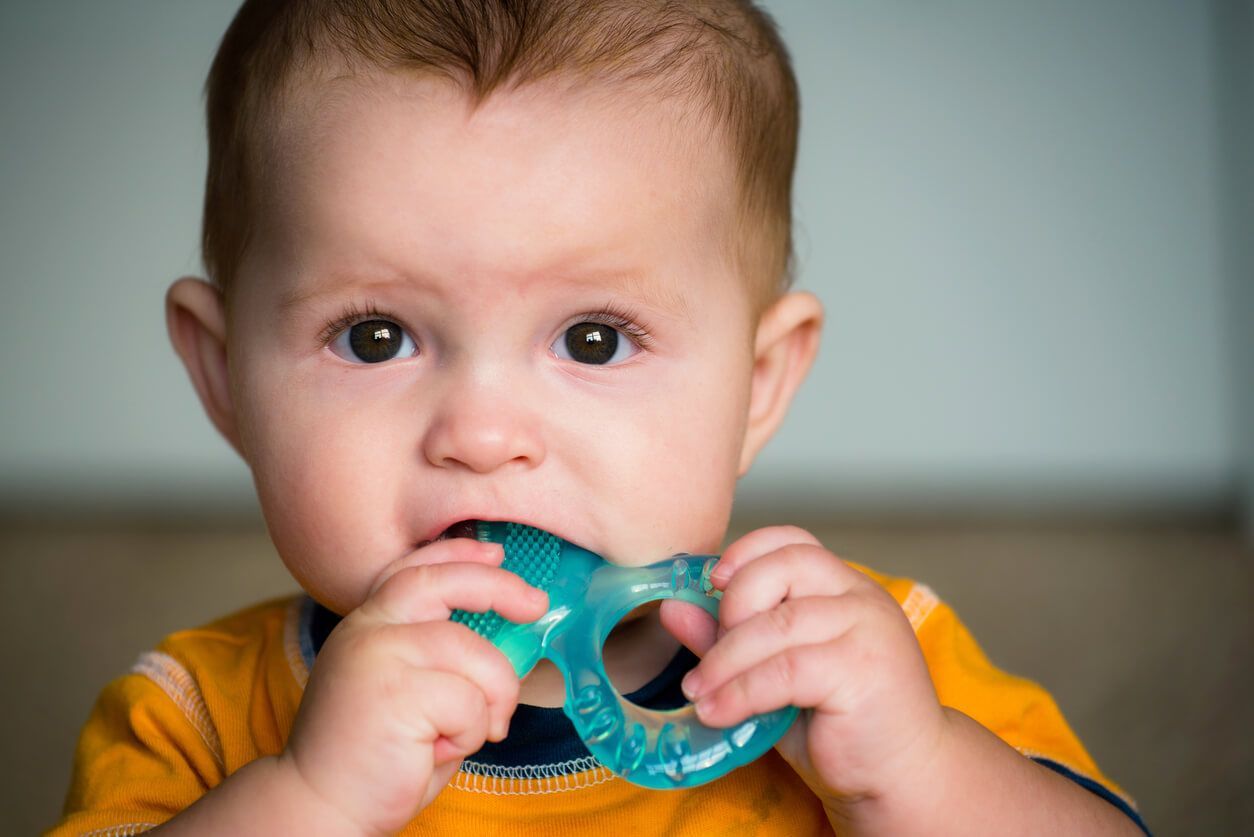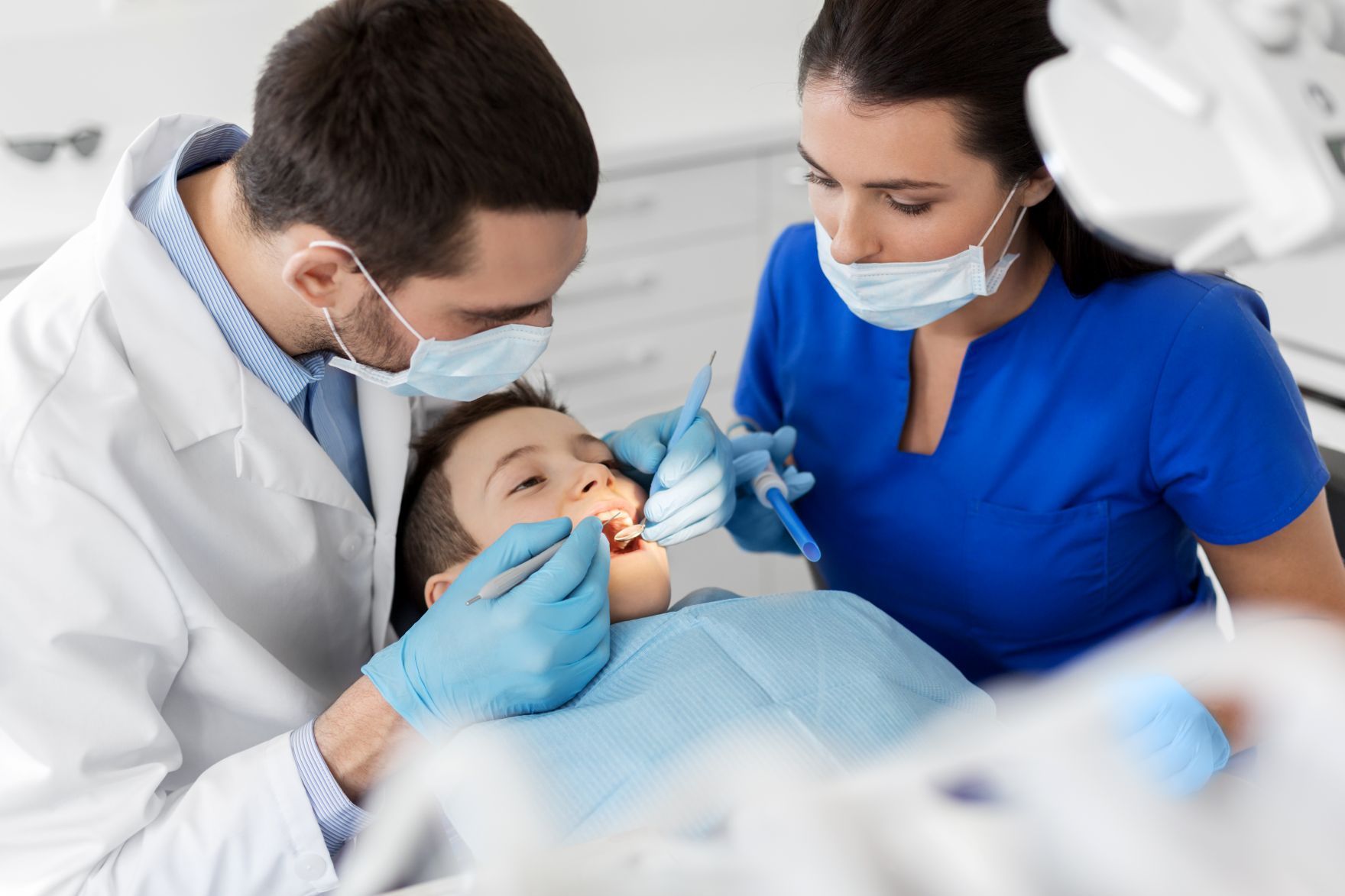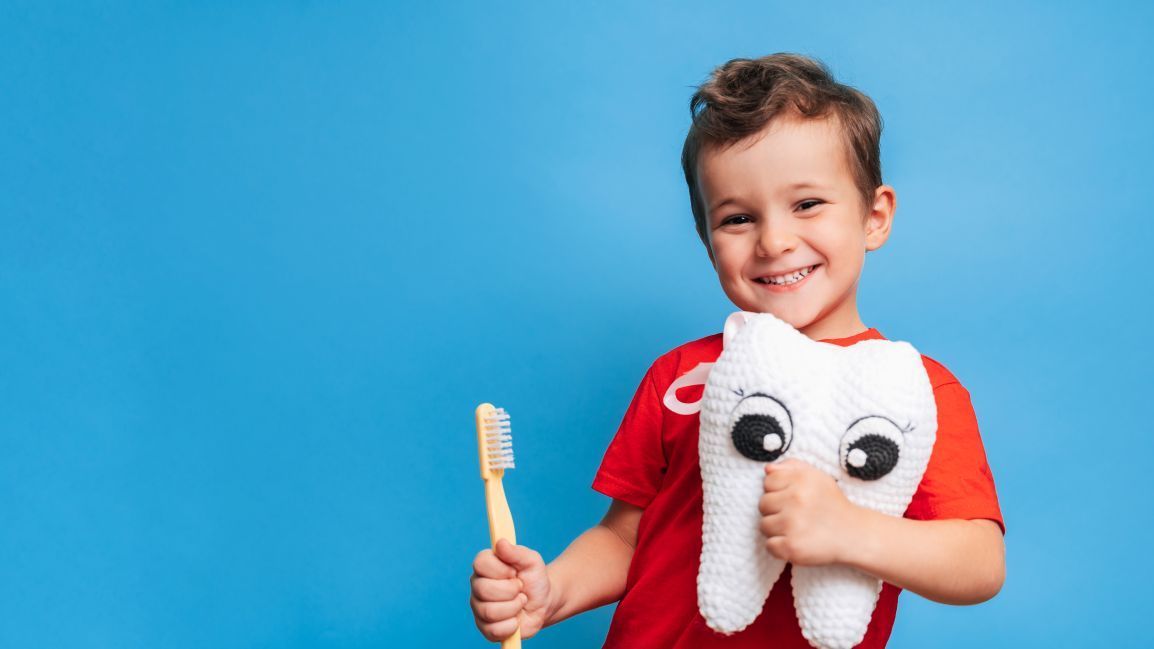Teething Troubles: How to Soothe Your Child's Discomfort

How to soothe baby’s teething discomfort
Your baby’s first tooth is an exciting milestone - it’s a visible sign of growth and development, and it often comes with lots of camera-worthy smiles. But behind those sweet grins, the journey of teething can be challenging for both babies and parents. For many infants, the eruption of teeth brings gum sensitivity, crankiness, and disrupted sleep, leaving caregivers searching for ways to ease the discomfort.
At our pediatric dentistry practice, we’ve walked this path alongside countless families. While every baby experiences teething differently, there are tried-and-true ways to make this developmental stage more comfortable. This guide will help you understand what to expect, offer practical soothing strategies, and highlight when professional help may be necessary.
Understanding Teething
Teething usually begins around six months of age,
though the timeline varies. Some babies sprout their first tooth as early as four months, while others may not see that first pearly white until closer to a year old. By age three, most children have their full set of 20 primary (baby) teeth. During this stage, some babies may also develop habits like teeth grinding, which is another common concern for parents.
Learn more about baby teeth grinding here.
Knowing what’s normal can help parents distinguish teething discomfort from other issues. Typical symptoms may include:
- Increased drooling: Excess saliva is common as teeth push through the gums.
- Swollen or tender gums: The gums may appear red or slightly puffy where teeth are emerging.
- Desire to chew: Babies instinctively gnaw on fingers, toys, or other objects to relieve pressure.
- Irritability or fussiness: Teething can disrupt sleep and feeding routines.
- Changes in appetite: Some babies may resist nursing or bottle-feeding because of gum sensitivity.
It’s important to note that while teething can cause mild irritability and discomfort, it should not cause high fevers, diarrhea, or severe illness. Those symptoms usually point to something else and warrant medical attention.
Tips to Soothe Teething Discomfort
Every child is unique, so you may need to experiment with different strategies to discover what works best. Here are several safe, effective ways to comfort your baby during teething:
- Gentle Gum Massage: A simple, hands-on approach can work wonders. Wash your hands thoroughly and use a clean finger to gently rub your baby’s gums in a circular motion. The light pressure can ease soreness and provide immediate relief.
- Cold Therapy: Cool temperatures help numb gum pain and reduce inflammation. Try chilled (not frozen) teething toys, a cold washcloth, or cold foods such as chilled yogurt, applesauce, or pureed fruits.
- Safe Teething Toys: Silicone and rubber teething rings designed specifically for infants offer a safe chewing outlet. Choose BPA-free, phthalate-free, and dishwasher-safe options. Some toys feature textures that massage the gums while others can be chilled for added relief.
- Diversion and Comfort: Sometimes the best medicine is distraction. Singing a song, reading a book, or taking your baby outside for a walk can redirect their attention from the discomfort. Physical comfort is equally important. Extra cuddles, rocking, or warm baths can calm a fussy baby. Babies often seek reassurance from a parent’s touch, so holding them close during tough moments can make a world of difference.
- Over-the-Counter Relief (With Guidance): In some cases, your pediatrician may recommend safe over-the-counter pain relief options. Infant acetaminophen or ibuprofen (for babies older than six months) may be suggested for severe discomfort.
When to See a Pediatric Dentist
Teething is a natural process, but sometimes professional guidance is needed. Contact your pediatric dentist or pediatrician if:
- Symptoms seem unusually severe or persistent.
- Your baby refuses to eat or drink for extended periods.
- There are signs of infection, such as pus or extreme swelling in the gums.
- You notice teeth erupting in unusual patterns or with significant spacing issues.
Your baby’s first dental visit is
recommended by age one or within six months of the first tooth appearing. These early checkups not only assess dental development but also provide an opportunity to discuss teething concerns and learn proper oral hygiene techniques.
Tackle Teething Challenges with Confidence
Teething can be a challenging time for both babies and parents, but with the right strategies and support, you can help ease your child's discomfort and make the process more manageable.
If you have any concerns about your child's teething or dental health,
don't hesitate to reach out. Our team is here to provide guidance, support, and compassionate care for your child's dental needs. Together, we can help your child maintain a healthy smile for years to come.











